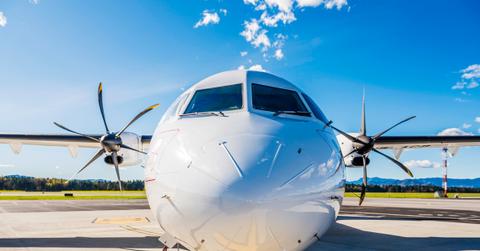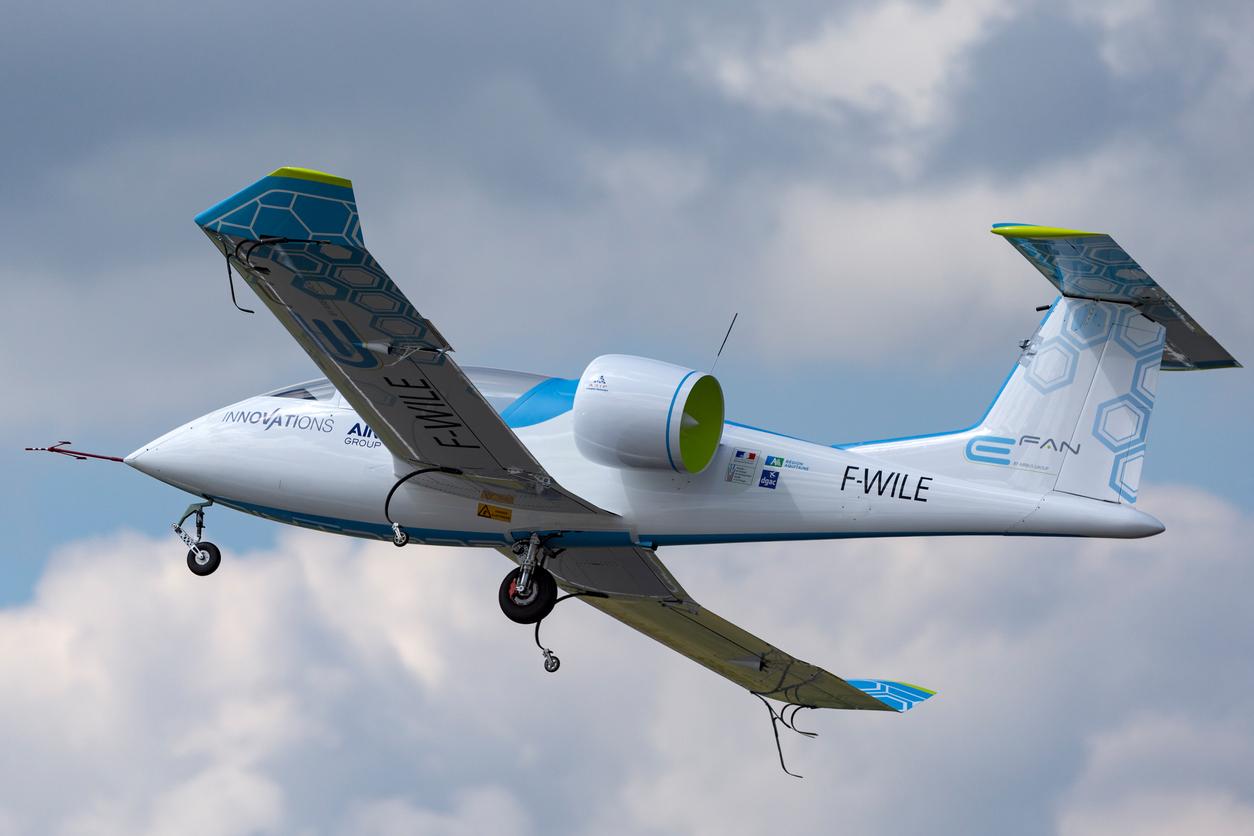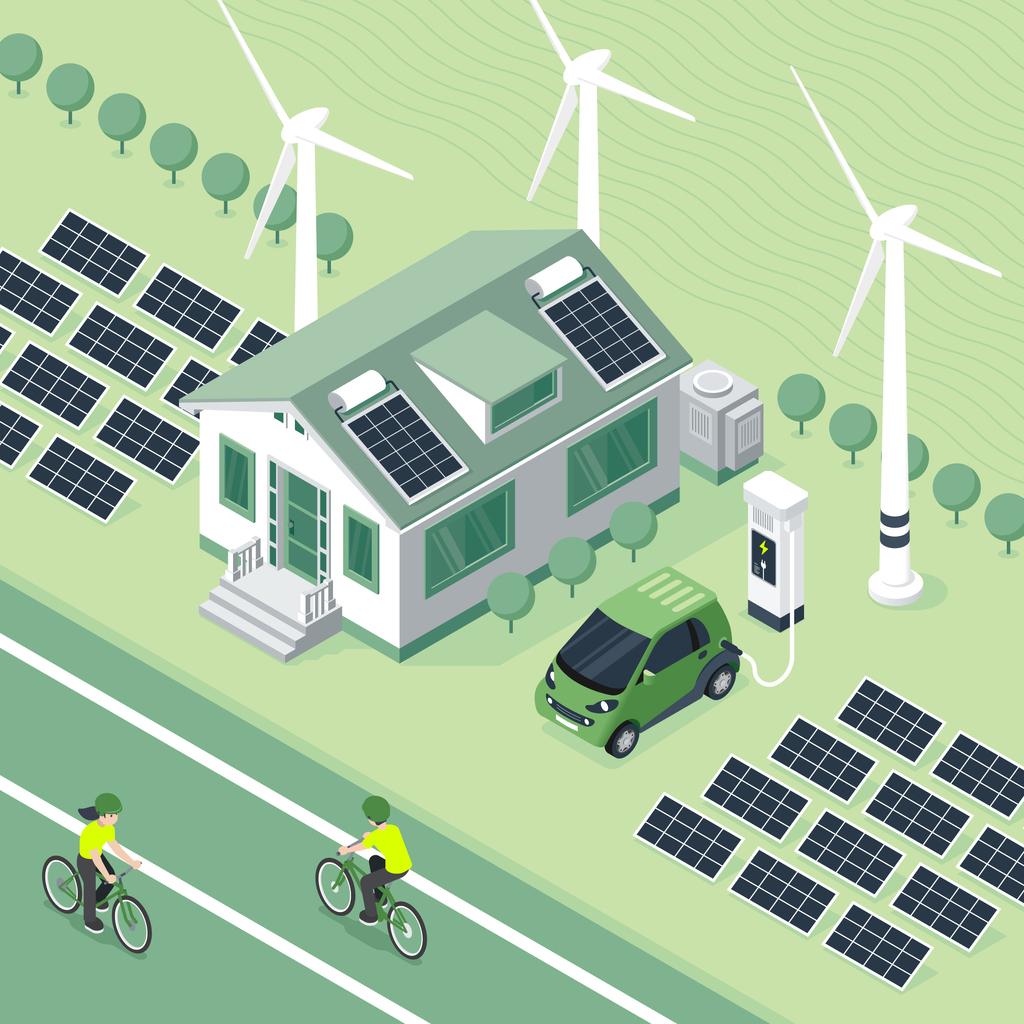How Does an Electric Plane Work? Everything You Need to Know About Emission-Free Aviation
Published Nov. 2 2022, 4:45 p.m. ET

Planes have been in the headlines recently, but not planes of the jet-fuel variety. Electric planes are taking over — or they could in the future. News articles about battery-powered planes and emission-free aviation might have you wondering how an electric plane works.
Flying is a pretty high contributor to global emissions, which makes the idea of electric planes very exciting. Perhaps one day, jet-fueled planes will be a thing of the past.
How do electric planes actually work?

The concept of electric airplanes might be a little bit confusing or overwhelming, especially since we haven’t exactly completed the transition to other modes of electric transportation yet.
Instead of jet fuel, electric planes power their motors with lithium-ion batteries, which release electrons that power the plane's propellers, according to Mashable. Electric planes have extremely large batteries — they can comprise more than half of a plane's weight — and everything is essentially built around them.
Electric planes come with a few practical benefits.
First, there’s the obvious one: there’s no need to pay for fuel anymore. These planes also require less maintenance since they aren’t wearing down the equipment as much, Mashable explains. And since electric planes are quieter, more routes could become available.
Electric planes might not be as complex as we thought, but that doesn’t necessarily mean that we’re ready to make them the new norm.
Are electric planes the future?

While electric transportation has made great strides in recent years, planes still have some work to do.
One of the biggest setbacks when it comes to electric planes is mileage capability, as per The Washington Post. While they can make short trips, they aren’t quite prepared for commercial travel yet.
A slightly less ideal alternative to this is flying in hybrid mode — a method that uses both battery power and an aviation-fueled generator, and emits about half the carbon of jet-fueled planes, according to The Washington Post.
Certification is also a barrier that’s keeping electric planes out of the sky. Creating safety regulations and figuring out how to certify them can be challenging. With technology being pushed to the limit, it’s not exactly clear when electric planes will be an expected part of the travel experience.
In addition to all of these more technical drawbacks, there’s one extremely simple one: people might not be ready to hop on a battery-powered plane.
A study by the Pew Research Center examined Americans’ views of electric cars and found that people have a lot of different receptions. The report states that 47 percent of adults support the idea of phasing out gas-powered vehicles, while 51 percent are against it.
Even though 67 percent of Americans think that electric cars are good for the environment, 66 percent view them as more expensive, according to the study. A higher price point might be one reason why many people are unable to get an electric car — it’s not very accessible for everyone.
The transition to electric modes of transportation is sure to be a complicated one. Lowering emissions is a crucial component of fighting the climate crisis. With a little bit more time and work, electric planes could make a big contribution.